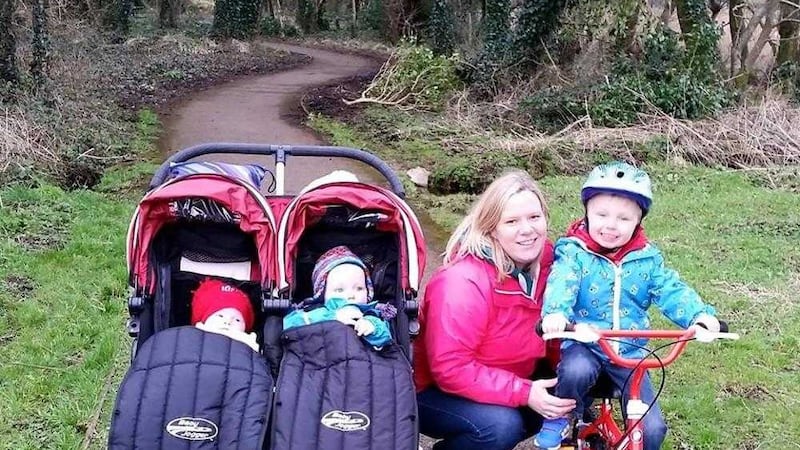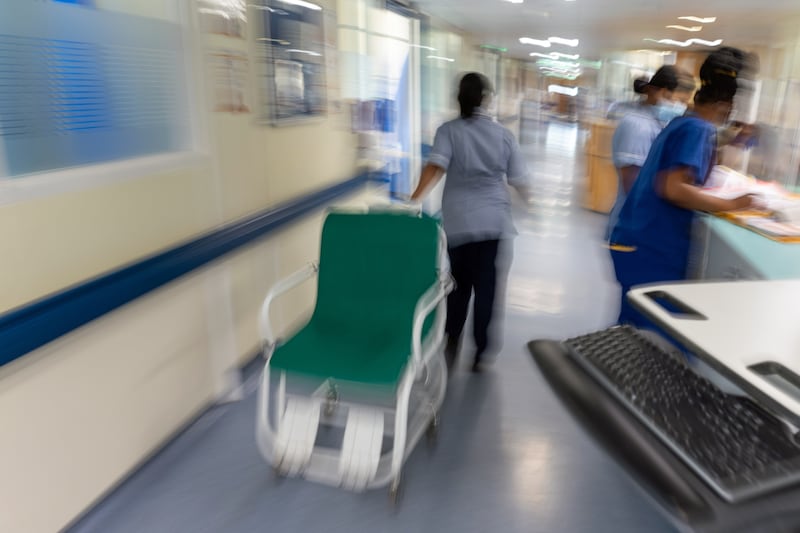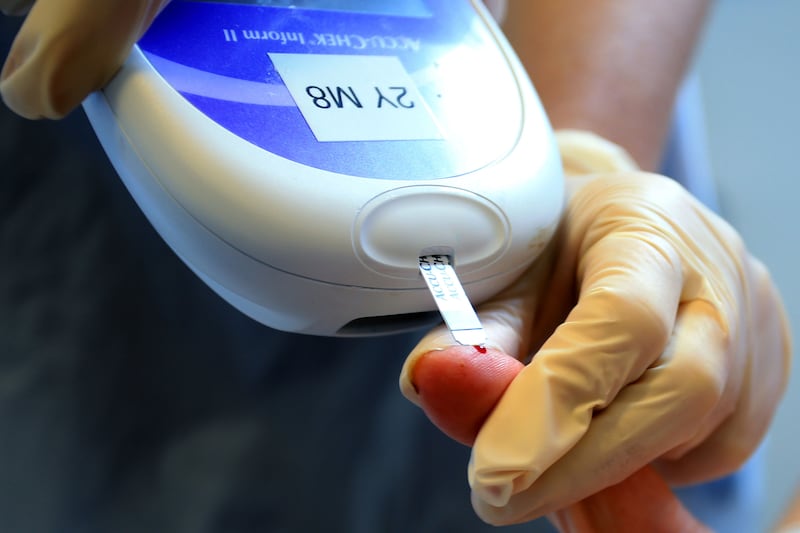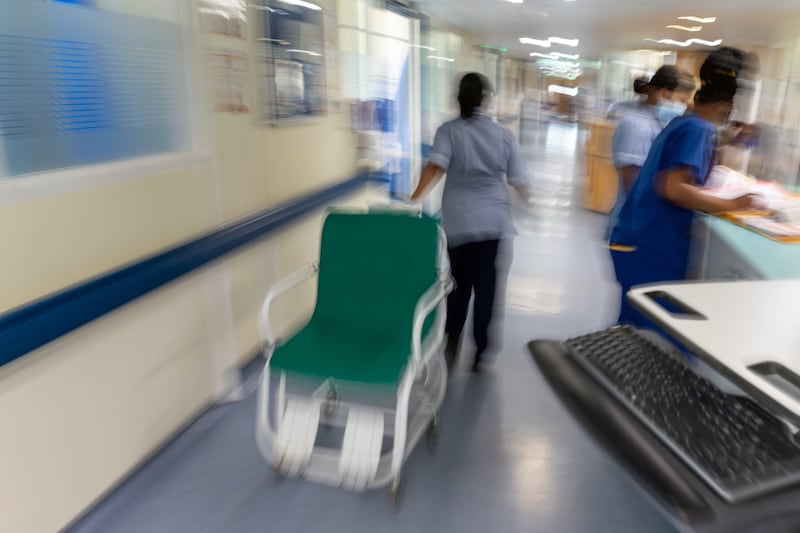THE number of diabetic pregnancies in Northern Ireland has risen 13-fold in just over a decade.
The explosion in cases - from just 100 in 2001 to 1,310 last year - has led to massive pressures on a specialist regional clinic, with women waiting up to five hours to be seen.
Based at the Royal Victoria maternity hospital in Belfast, the unit is seeing up to 100 patients at clinics, with staff admitting they are "struggling" to meet demand.
Expectant mothers attend every fortnight to have their blood sugars monitored. They also receive regular scans and are seen once a month by the obstetrics team.
The Belfast health trust was unable to provide figures on the number of women with gestational diabetes attending its clinic, but a leading charity last night warned that the explosion in cases is linked to those women acquiring the condition during pregnancy.
Obesity and women conceiving at an older age are among the factors linked to the increase.
Experts say that children born to women with gestational diabetes are also six times more likely to develop the condition.
A spokeswoman for the trust said it was "acutely aware of the pressure of numbers and the demands on staff".
She added: "We been working closely with the Health and Social Care Board over the last year to find ways of developing and expanding the service."
Mother-of-three Sarah McCusker from Enniskillen attended the clinic after developing gestational diabetes during each of her pregnancies.
She has called for extended opening times - it operates on a Tuesday afternoon only - after she endured three-hour round trips and lengthy waiting times each fortnight.
"With my first child I was not diagnosed with diabetes until I was 34 weeks pregnant which was quite dangerous. As soon as I started injecting with insulin, the local team at South West Acute Hospital (SWAH) couldn’t deal with me and I was referred to the Royal," she said.
"There were days I would leave my home at 1pm and not get home until 7.30pm that evening. It was extremely draining and I don’t understand why your blood sugars cannot be monitored by your own health trust."
Another patient with Type 1 diabetes attending the clinic spoke of how the "stressful" delays impact on the management of her diabetes.
"You may have an appointment but you could be there for up to three hours or more waiting to be seen. This is no reflection on the staff, who are wonderful and dedicated, but there are just too many women and not enough doctors.
"The main problem for me is the fact that I could be sitting that long waiting to be seen that the time comes for me to take my insulin. However, I can't leave the clinic to get something to eat so I've had to miss an injection."
Dr David Chaney, Northern Ireland director of Diabetes UK, called for more funding to improve services.
"Pregnancies complicated by diabetes carry higher risks for the mother and the baby - these include increased risk of birth defects and still births, and in mothers there can be a higher risk of preeclampsia and of developing Type 2 diabetes.
"It is important that women with gestational diabetes get the care and support they need, as the better they are able to manage their condition, the better their baby’s chance of a long and healthy life."








